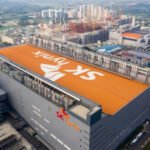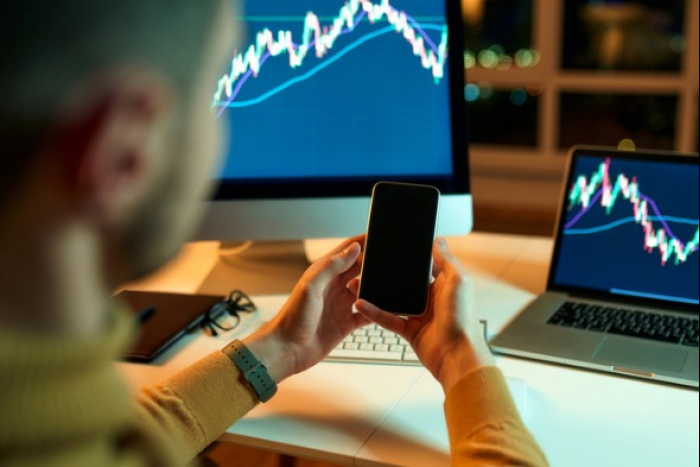
Foreign investors have emerged as the standout winners in South Korea’s equity market this year, as their heavy wagers on the nation’s top chipmakers and other blue chips have yielded outsized returns, roughly four times higher than those earned by local traders and well ahead of the Kospi’s broader gains.
According to data from the Korea Exchange, the ten stocks most heavily bought by foreign investors have all posted positive returns since the end of last year, far outperforming the country’s main benchmark Kospi index.
Their top pick, Samsung Electronics Co., has soared 67.3% to 89,000 won ($62.72) from the last session of 2024 to last Thursday, while the runner-up, SK Hynix Inc., has more than doubled, surging 127% to 395,500 won.
Overseas investors purchased 5.66 trillion won worth of Samsung Electronics shares and 3.54 trillion won of SK Hynix, making them the two most actively bought stocks year to date.
Their other heavy buys also delivered hefty gains.
Hanwha Aerospace Co. gained 241%, Hyosung Heavy Industries Co. jumped 259% and Hyundai Rotem Co. skyrocketed 355%.
Even relatively defensive names such as Korea Electric Power Corp. rose 77% and Kakao Corp. advanced 56%.
On average, the top 10 foreign-favored stocks climbed 145.6%, triple the 47.9% rise in the Kospi over the same period.
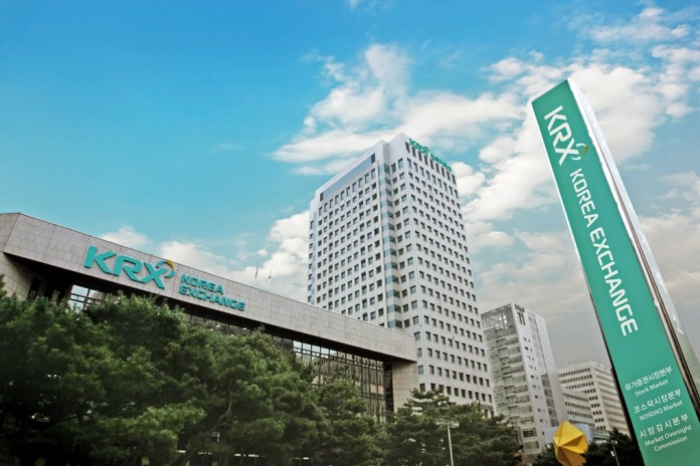
RETAIL INVESTORS LAG BEHIND
By contrast, domestic mom-and-pop investors have trailed far behind foreign investors over the same period.
Among the 10 most-bought stocks by individuals this year, four have fallen, whereas six have gained.
Their top pick, Naver Corp., rose 27.2%, while their second-largest holding, Samsung SDI Co., fell 14.8%. Hyundai Motor Co. edged up 3.8% and SK Telecom Co. slipped 1.5%.
Others, such as LG Electronics Inc. and CJ CheilJedang Corp., lost more than 8%, each.
The average return on retail investors’ top 10 picks was 37%, barely a quarter of the foreign investors’ gain and below the Kospi’s overall advance.
Analysts note that while foreigners piled into large semiconductor names on expectations of a memory chip recovery, local investors chased internet and secondary-battery stocks that have underperformed.
“Overseas investors have benefited from their heavy bets on semiconductors,” said Kim Dong-won, head of research at KB Securities Co.
“With DRAM supply remaining tight and memory prices expected to climb through 2027, foreigners are likely to keep adding to their chip positions.”
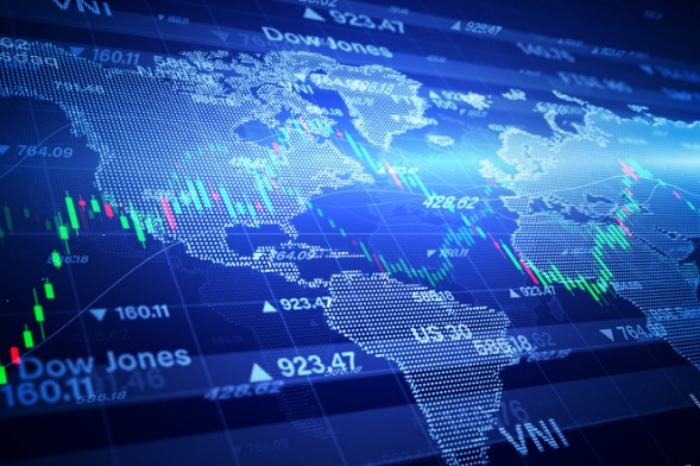
BRITAIN LEADS IN TRADING, US DOMINATES IN HOLDINGS
Foreign trading activity in Korean equities this year has been dominated by UK investors, who accounted for 44.7% of total foreign transactions, according to data from the Financial Supervisory Service.
From January through August, overseas investors traded a combined 1,247.7 trillion won in Korean shares – 619.3 trillion won in purchases and 628.4 trillion won in sales.
UK-based funds traded 557.4 trillion won, followed by investors from the Cayman Islands (14.1%), Singapore (12.1%) and the US (12.0%).
Together, the top three jurisdictions made up more than 70% of all foreign trading. Investors from China, Hong Kong, Japan and Taiwan represented less than 1% combined.
In terms of stock ownership, however, US investors remain the largest holders of Korean equities, with 367.4 trillion won in assets as of August, about 41% of total foreign holdings.
The UK ranked second with 106.2 trillion won (11.7%), followed by Singapore with 64.2 trillion won (7.1%).
Market observers attribute the divergence to UK-linked hedge funds and tax haven entities’ focus on short-term trades, while US institutions tend to maintain longer-term positions in Korean blue chips.
RETAIL INVESTORS MAY MISS A CHANCE
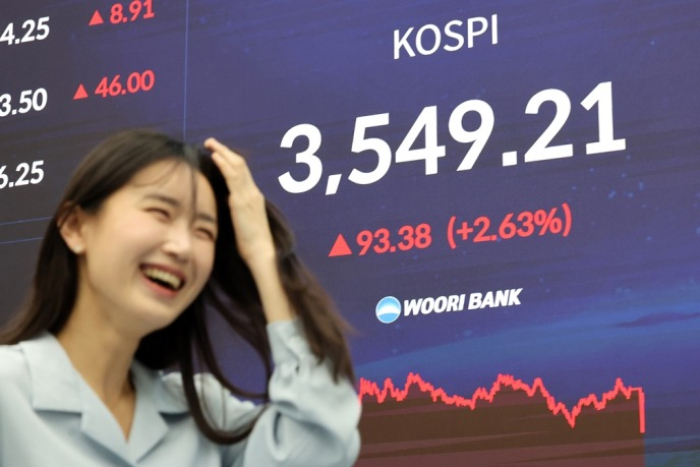
Fueled by a surge of foreign buying, Korea’s Kospi index hit an all-time high of 3,549.21 last Thursday, breaching the psychologically important 3,500 mark for the first time.
On the same day, overseas investors purchased 3.1 trillion won in Korean equities, the largest daily net buying on record.
But retail investors sold a net 3.29 trillion won, the biggest daily outflow this year.
They also offloaded 16.54 trillion won worth of shares in the third quarter ended September, marking the highest quarterly net selling since the Korea Exchange began compiling the data in 1998.
“Retail investors are walking away from domestic equities even as the Kospi rallies,” said Lee Jae-won, an analyst at Shinhan Securities Co. “But with investor deposits piling up, sentiment could shift when markets reopen after the holiday.”
South Korea’s financial markets will reopen on Friday after a weeklong Chuseok holiday closure from Oct. 3 to 9.
By Bum-Jin Chun and Joo-Yeun Park
forward@hankyung.com
Sookyung Seo edited this article.

